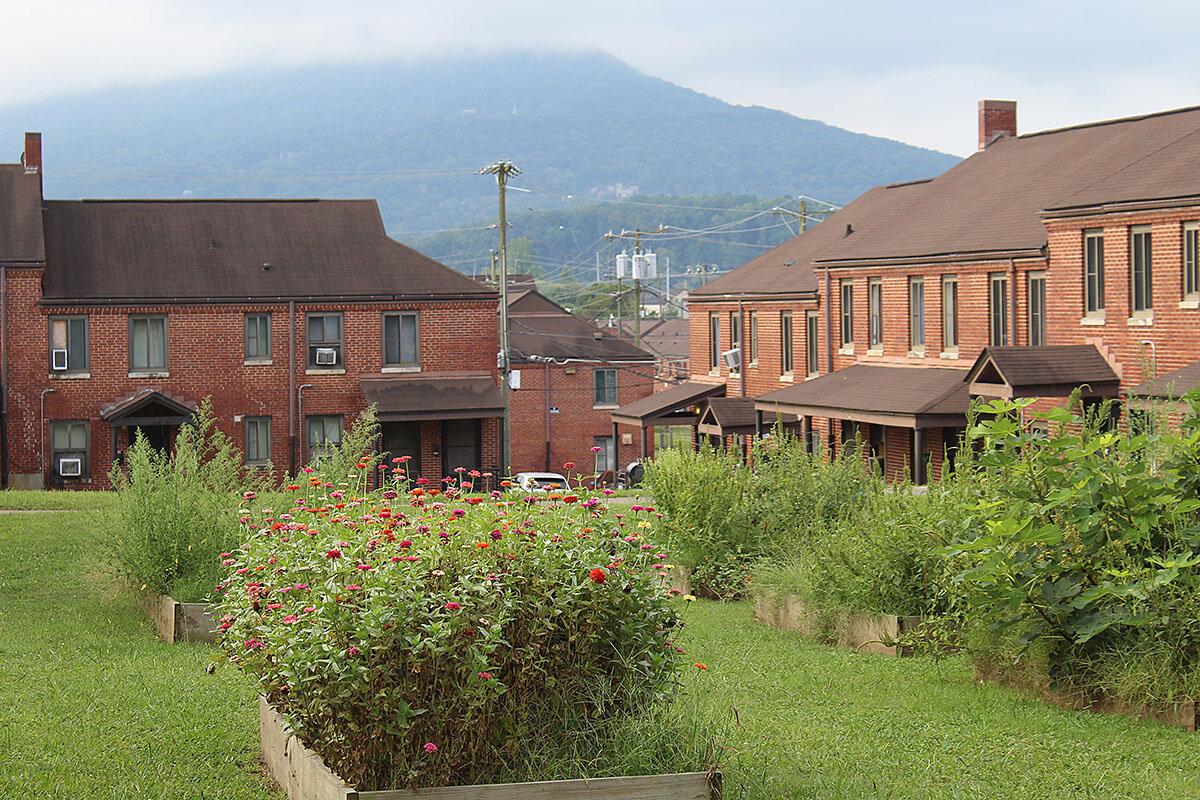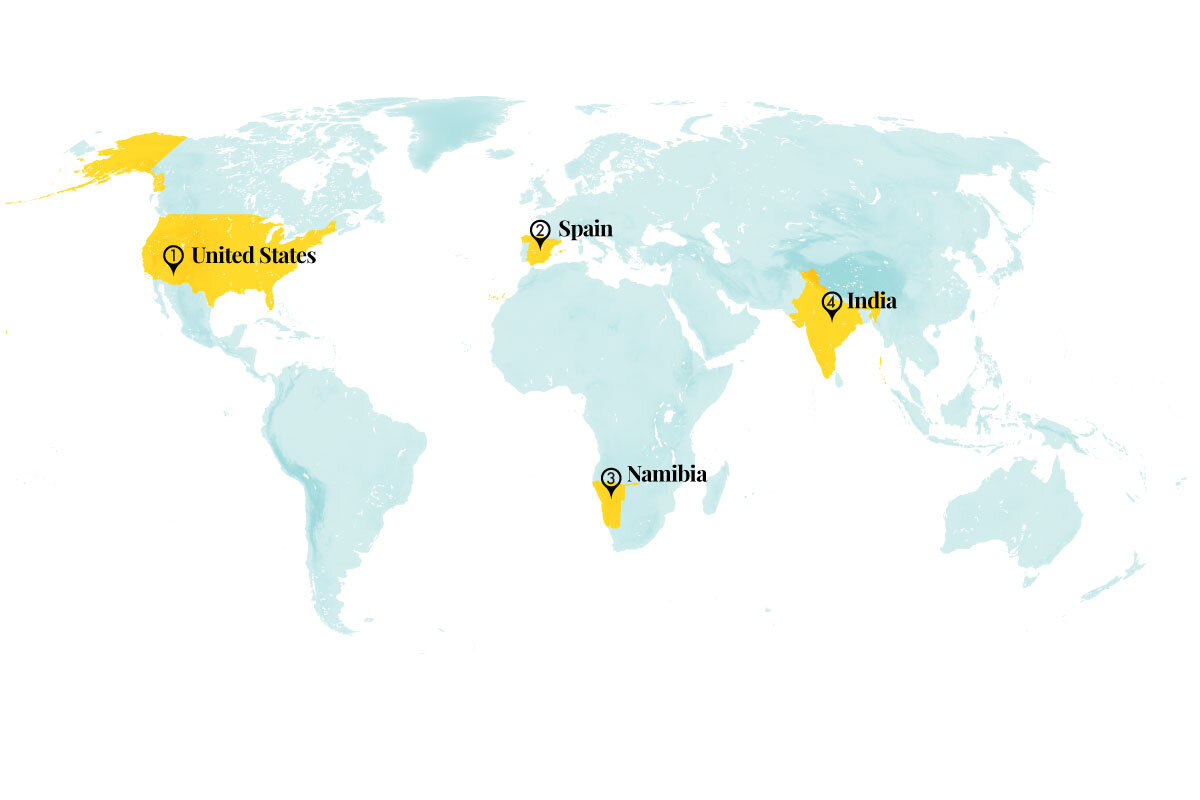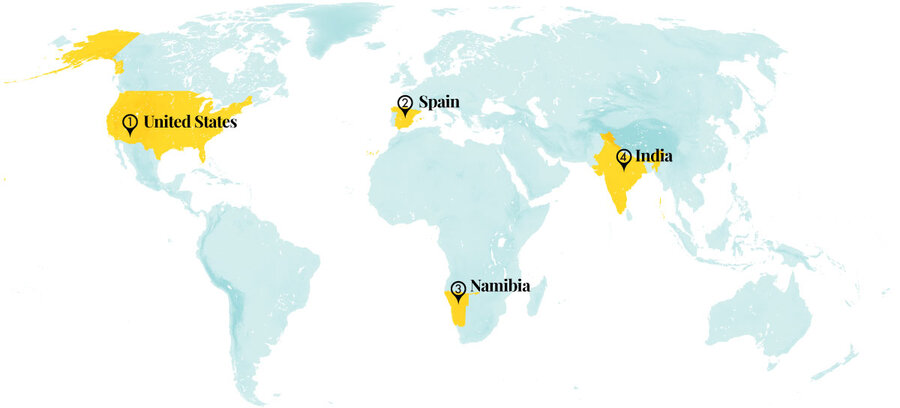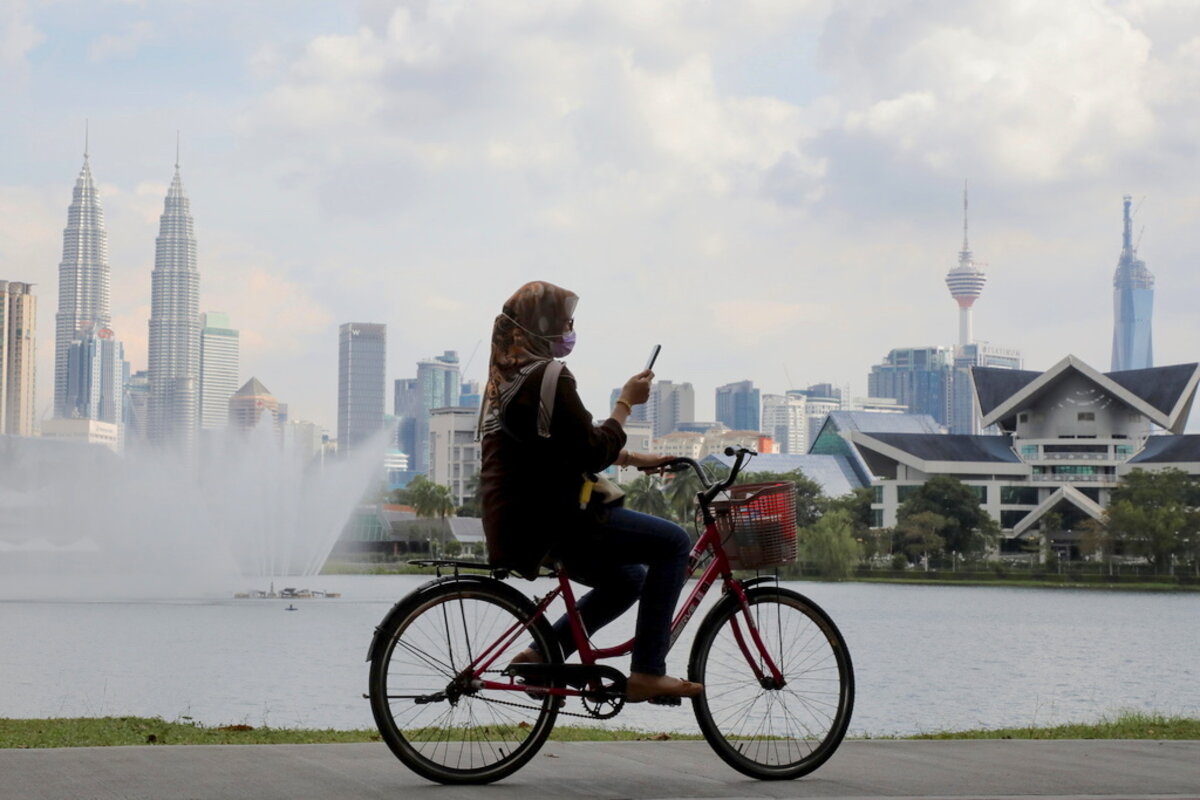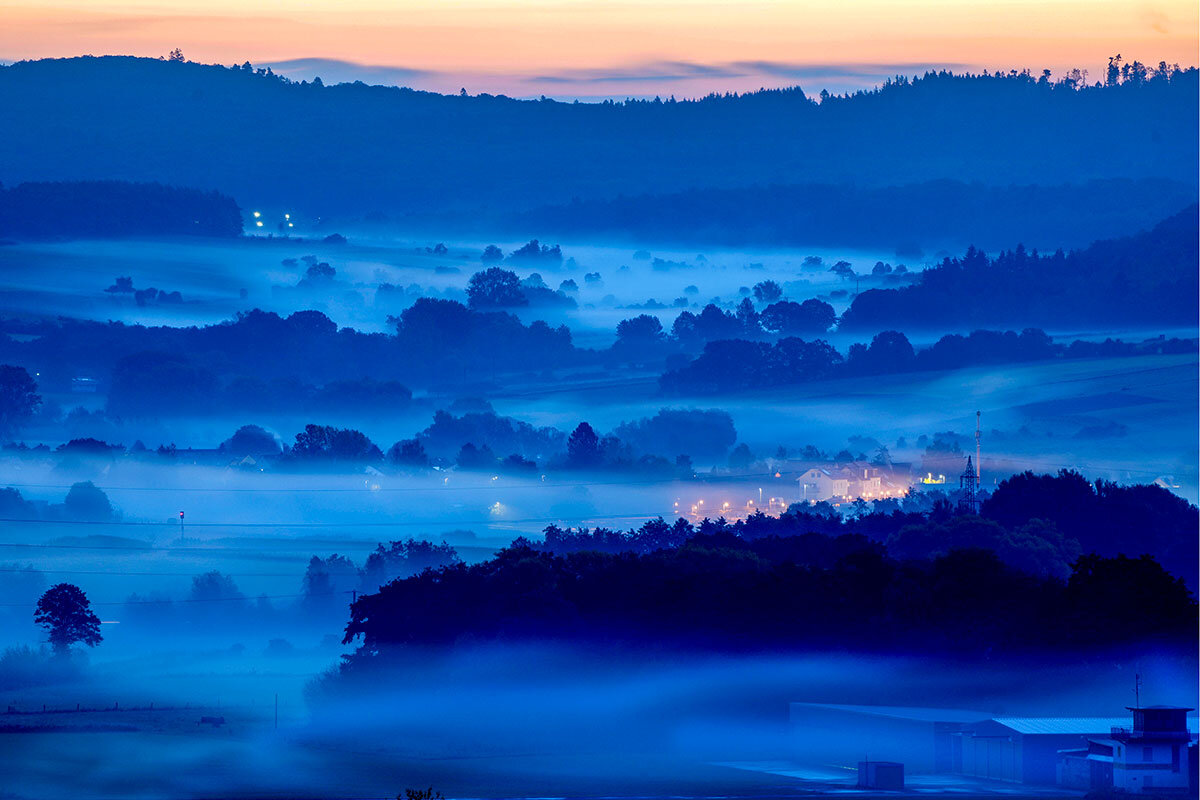What does it mean to be a Republican, post-Trump? Less than a year after 2020, a poll finds that claiming the election was stolen is now a defining characteristic.
Monitor Daily Podcast
- Follow us:
 Stephen Humphries
Stephen Humphries
Last month, Jason Crawford launched a nonprofit to study something we often take for granted: progress.
“We wake up in the morning on a soft mattress,” says Mr. Crawford. “We go take a shower under hot running water. We pull fresh milk, eggs, and orange juice from the refrigerator. We commute to work on a train or in a car. We take the elevator up to a high-rise where we sit in a comfortable, air-conditioned office next to plate-glass windows and earn a living by typing on a computer. And we forget that, just 100 years ago, people could not do many of those things.”
Mr. Crawford founded to establish . Why is it that some civilizations, locales, and institutions flourish, while others stagnate? His theory posits if research can pinpoint how human advancement occurs, we may be better able to replicate the conditions and qualities that make it possible.
It’s more than just an arcane academic pursuit, says the Silicon Valley software engineer. He believes that societal fears of fresh endeavors – often rooted in exacerbated fears of risks that don’t account for reasonable trade-offs – can stall progress.
To counter that, the nonprofit’s founder wants to acknowledge problems with technological advancement and what we can learn from those instances, but also tell stirring stories that illustrate the history of breakthroughs. The Roots of Progress aims to offer a vision of the possibilities for solving problems such as poverty, climate change, pollution, job loss, and pandemics.
“The most important goal of this new organization,” says Mr. Crawford, “is to make sure that the next generation of scientists, engineers, and startup founders is inspired and motivated to continue moving the world forward.”






